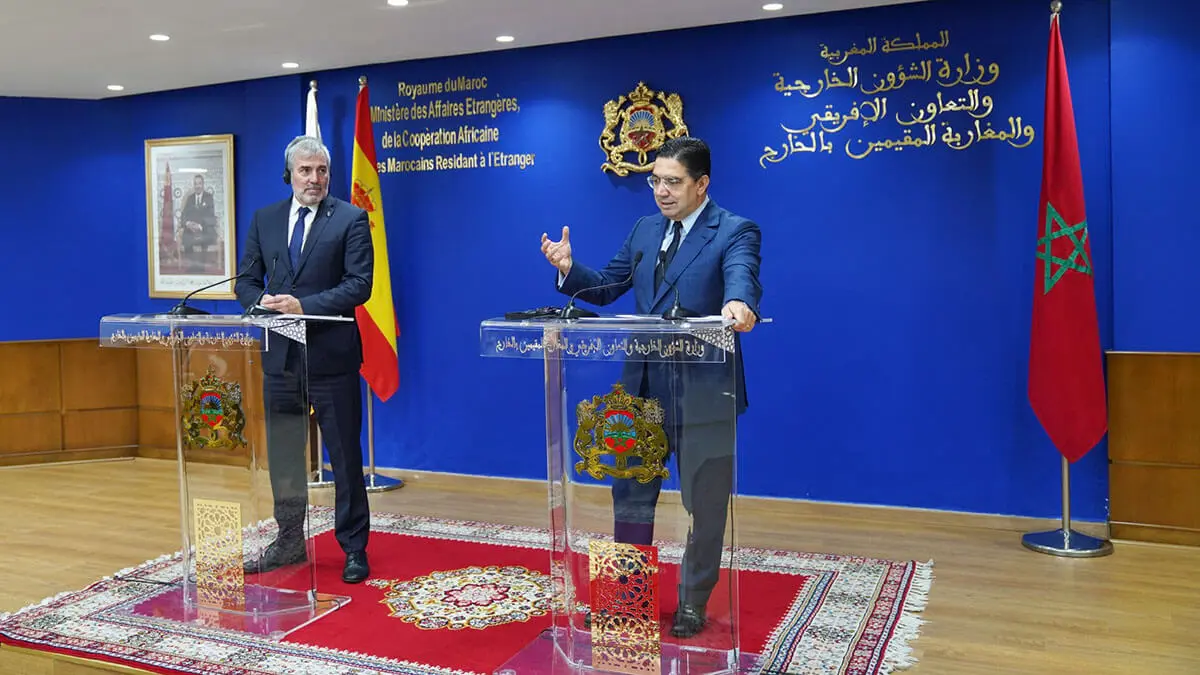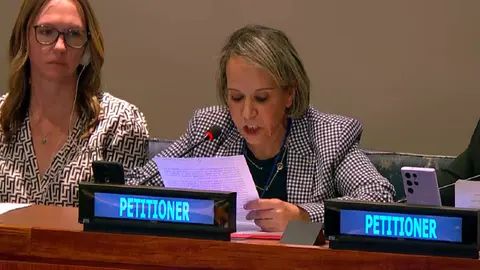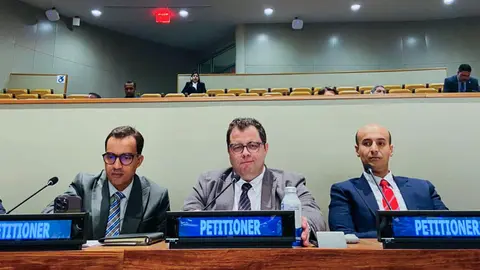The Canary Islands' pragmatic turn: in search of regional stability

While it is true that the regional presidents in Spain do not have powers in this area, the Canary Islands president's actions in this case respond to several factors that allow him some room for manoeuvre. Especially given the geographical, social and historical proximity of the Canary Islands to the territory.
Thus, it is not a foreign policy of his own, but rather he is explicitly aligning himself with the position of the Spanish government. This gives it a certain legitimacy within its competences. Likewise, Clavijo is exercising paradiplomacy in defence of the Canary Islands' specific interests, especially in the area of migration. His position seeks to improve cooperation with Morocco on an issue that directly affects the islands. The absence of an effective consensus with PSOE and PP on how to tackle the current migration crisis affecting the Canaries may have led the Canarian leader to seek support directly with Morocco, even if this means making concessions in other areas.
This pragmatic approach prioritises concrete results over the traditional positions of his party, Coalición Canaria, which are undoubtedly outdated on this issue. A change of stance that, while surprising to some, represents a necessary and fruitful shift for the islands and the region as a whole. Historically, Coalición Canaria and Clavijo himself have maintained a position of support for self-determination close to the postulates of the Polisario Front. However, the current geopolitical landscape calls for a reassessment of traditional positions. The regional leader's decision to align himself with the Spanish government's position responds to the need to adapt to a new diplomatic and strategic context in North Africa.
This change should not be interpreted as a betrayal of ideals, but rather as an act of political responsibility and a mature understanding of the complexity of the situation. Clavijo has demonstrated a vision of state by prioritising regional balance and the long-term interests of the Canary Islands over rigid ideological positions that are difficult to accommodate in today's world, based on outdated resolutions and revolutionary romanticism towards a cause whose origin and development has always been artificial and based on strong third-party interests, as in the case of Algeria.
On the other hand, this new approach could prove beneficial for the islands. An improvement in bilateral relations based on a closer relationship with Morocco could facilitate trade and cooperation agreements that would be beneficial for the Canary Islands' economy. In this sense, new avenues for investment and business collaboration between the Canaries and Morocco could be opened up. Moreover, a Sahara under Moroccan administration with this dispute settled could become an important economic partner for the Canary Islands, creating opportunities for mutual growth.
Collaboration with Morocco is also crucial to address the migration challenges affecting the islands. Greater stability in North Africa would contribute directly to improving the situation, which is currently out of control, with the islands completely overwhelmed and helpless. Clavijo's stance could also influence Spanish national politics, reinforcing the central government's position in its support for the Moroccan Autonomy Plan, after several motions in Congress presented against it and voted jointly by parties as ideologically opposed as the PP and Bildu, paradoxically hand in hand on this issue.
It is important to remember and recognise that Morocco's autonomy proposal for Western Sahara represents a realistic and viable solution to a long-standing conflict. The Moroccan plan offers a framework for self-governance that respects Sahrawi cultural identity while maintaining Morocco's territorial integrity, which has been investing heavily in the development of the region, significantly improving the living conditions of the local population. This is in contrast to the humanitarian crisis in Tindouf under Polisario misrule and corruption, dependent solely on international aid. A crisis that some are determined to perpetuate by supporting (re)solutions that they know are impossible to implement, as is the case of Nueva Canarias. Fortunately, there are fewer and fewer of them, as has been seen with this new stance on the part of Canarian nationalism.
While Nueva Canarias participates in and rejoices in empty legal victories that are counterproductive to Canarian interests, such as the recent ECJ ruling on the EU-Morocco fisheries agreements, it is the Canarian workers who will pay the price for their radical militancy and ideological intransigence. The pragmatism shown by Fernando Clavijo in backing the proposal for Moroccan autonomy in days marked precisely by the repercussions of this ruling is no coincidence, showing in some way a tacit support abroad for these workers and for the Community he represents in general, which has been harmed in various areas such as fisheries and migration.
The Canary Islands president's policy shift represents a bold step towards a forward-looking foreign policy. Although it may generate controversy in the short term, this decision may have potential benefits for the parties. Stability and development in Western Sahara under Morocco's autonomy proposal could open a new chapter of shared prosperity. In an ever-changing world, with several open war scenarios, the ability to adapt political positions to new realities is a sign of responsible leadership.
The Canary Islands, as a bridge between Europe and Africa, is uniquely positioned to benefit from a new era of relations. This recent decision could usher in a period of greater understanding and collaboration between the islands and Morocco, laying the foundations for a more prosperous and stable future for all concerned.



